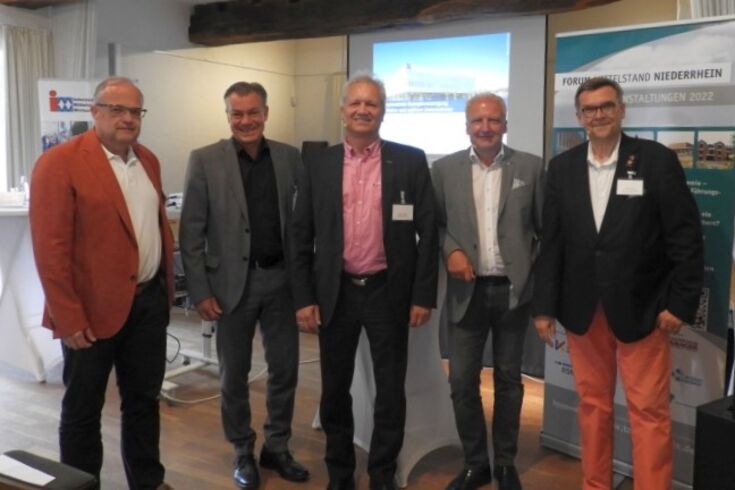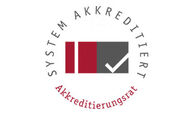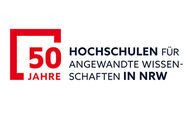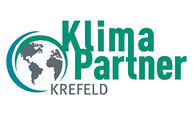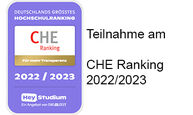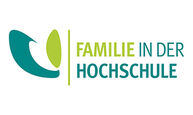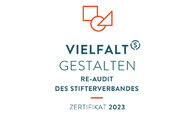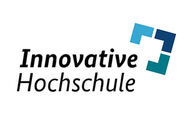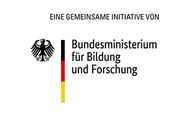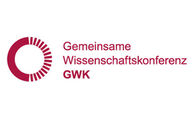Prof. Meyer explained that climate neutrality is not a protected term; "every third person understands something different by it." Actual climate neutrality, he said, can only come from reducing energy demand and cutting greenhouse gas emissions. Meyer listed the federal government's goals for 2030: Reduce primary energy consumption by 30 percent compared to 2008, increase the share of renewable energies to 30 percent, reduce CO2 emissions in the building sector by 67 percent. This, he said, will have an impact on companies.
To improve Energy Efficiency in industry, he recommended the introduction to an Energy Management System. As practical examples, he cited the optimization of air conditioning and ventilation systems as well as lighting and the use of waste heat. The use of renewable electricity and the elimination of fuels are important, he said. Using an example of a climate-friendly energy supply concept, he explained: Climate protection pays off. And he made it clear to the entrepreneurs: "The pressure will increase. Customers want climate neutrality."
Photo: (from left) Dr. Thomas Jablonski (Managing Director TZN), Frank Gellen (Mayor Brüggen), Prof. Jörg Meyer (Hochschule Niederrhein) moderator Prof. Thomas Merz (IST University Düsseldorf) and Udo M. Strenge (IMW).
Further information on the event:
tzniederrhein.de/aktuelles/klimaschutz-lohnt-sich-fuer-unternehmen/


